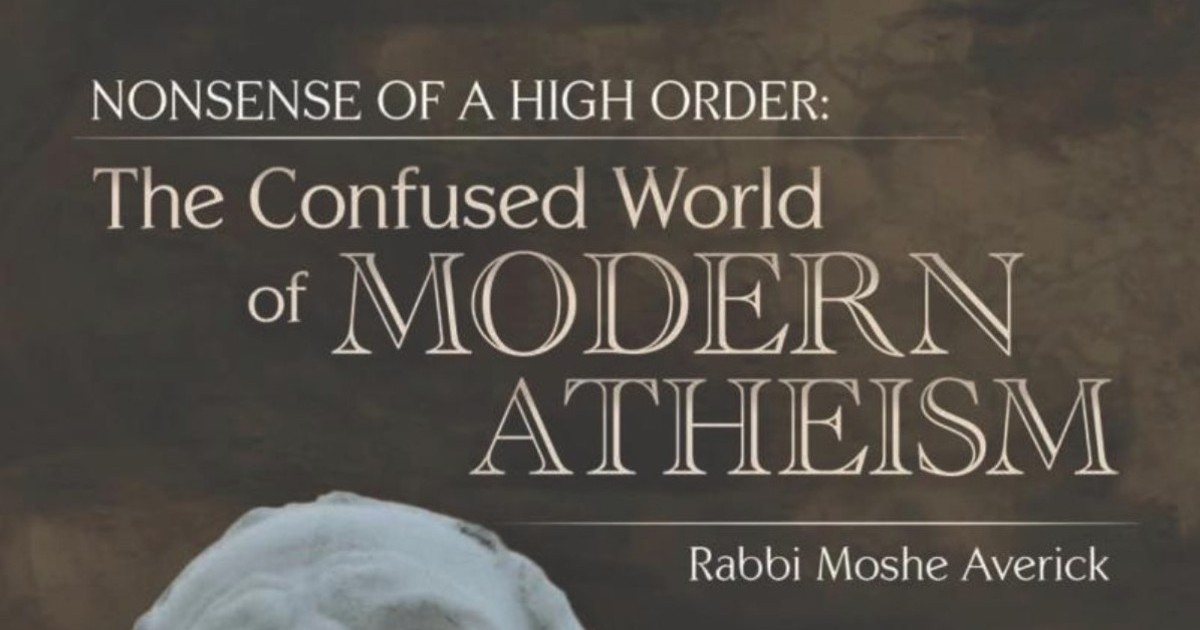
New ID Book Zeroes in on Evolution’s Zero-Probability Problem
On this episode of ID the Future, Andrew McDiarmid concludes his conversation with Eric Anderson, one of the co-authors of the new Discovery Institute Press book Evolution and Intelligent Design in a Nutshell. Today they talk about Anderson’s second of two chapters in the book, where he explores the challenges of building a self-replicating 3D printer, and the light this sheds on the origin-of-life community’s search for their Holy Grail, a self-reproducing molecule that could have kickstarted the evolutionary process on the early earth. In their conversation, Anderson suggests that there are engineering principles involved in the origin of life that may mean that a naturalistic origin of life is less like winning a long-odds lottery, and more like the chances of an inventor successfully building a perpetual motion machine. That is, it isn’t just a tough probability problem; there are reasons for concluding that it’s impossible in principle. Also, Anderson notes, the early Earth wasn’t the kinder, gentler place for simple self-replicators that Darwin or Dawkins has imagined.
